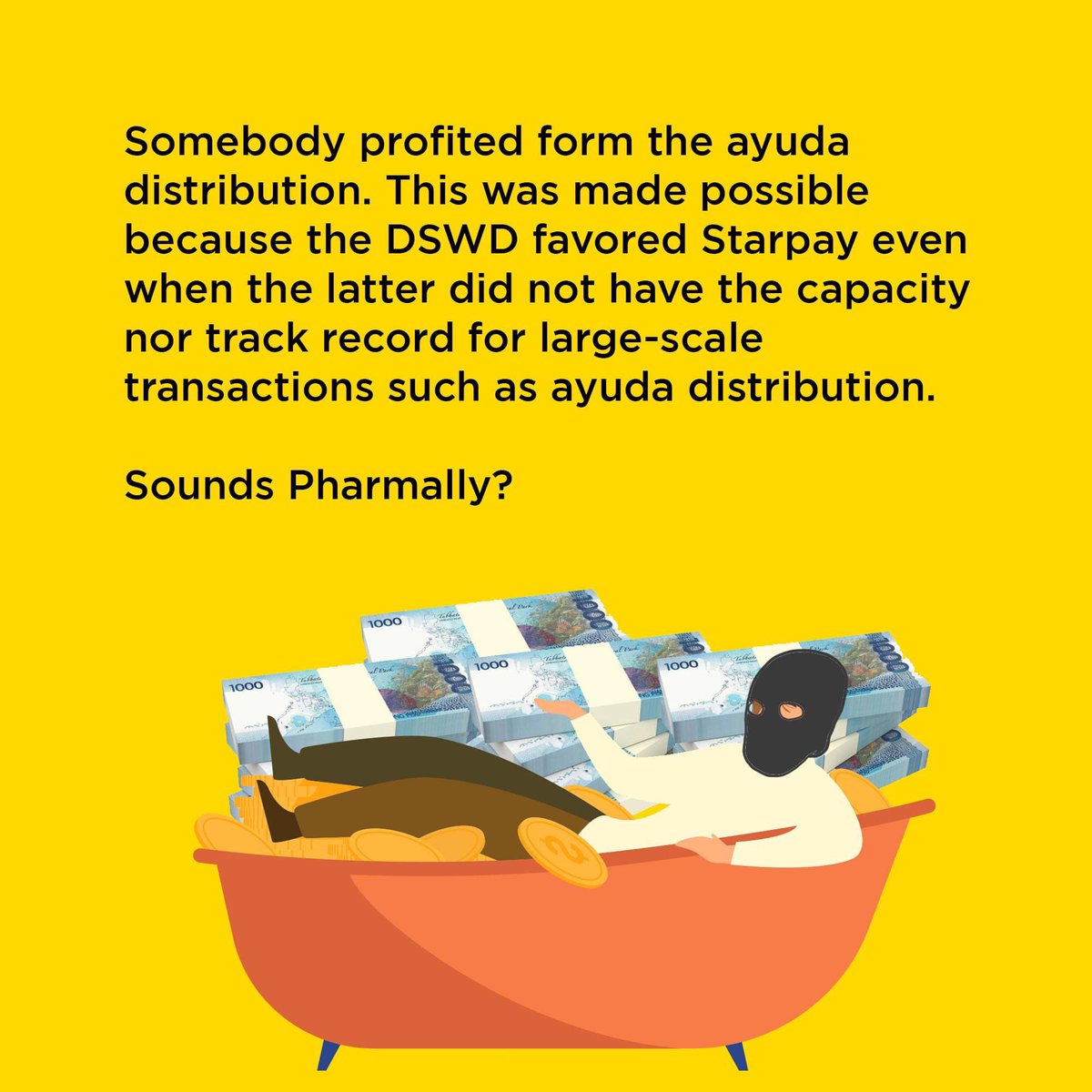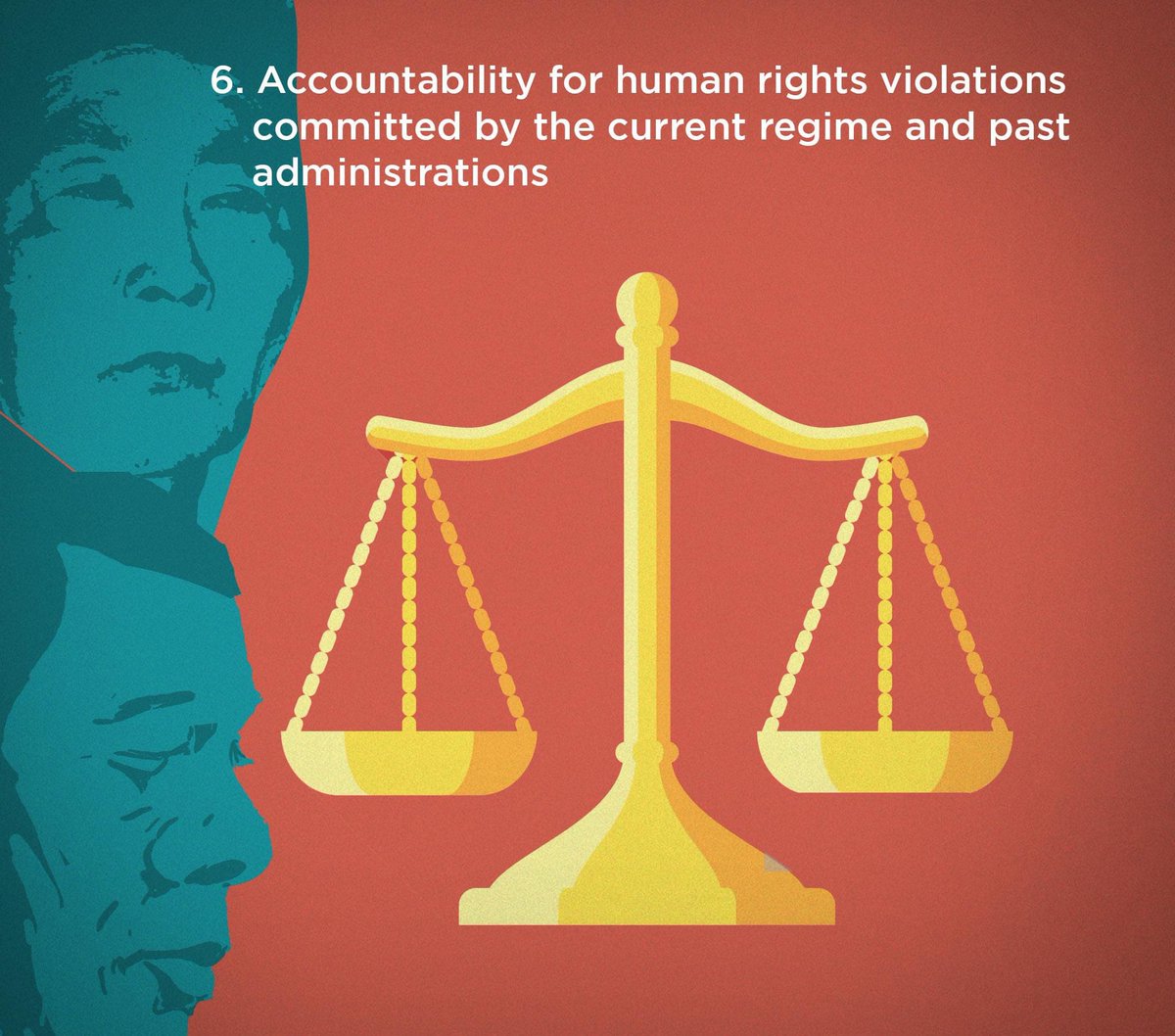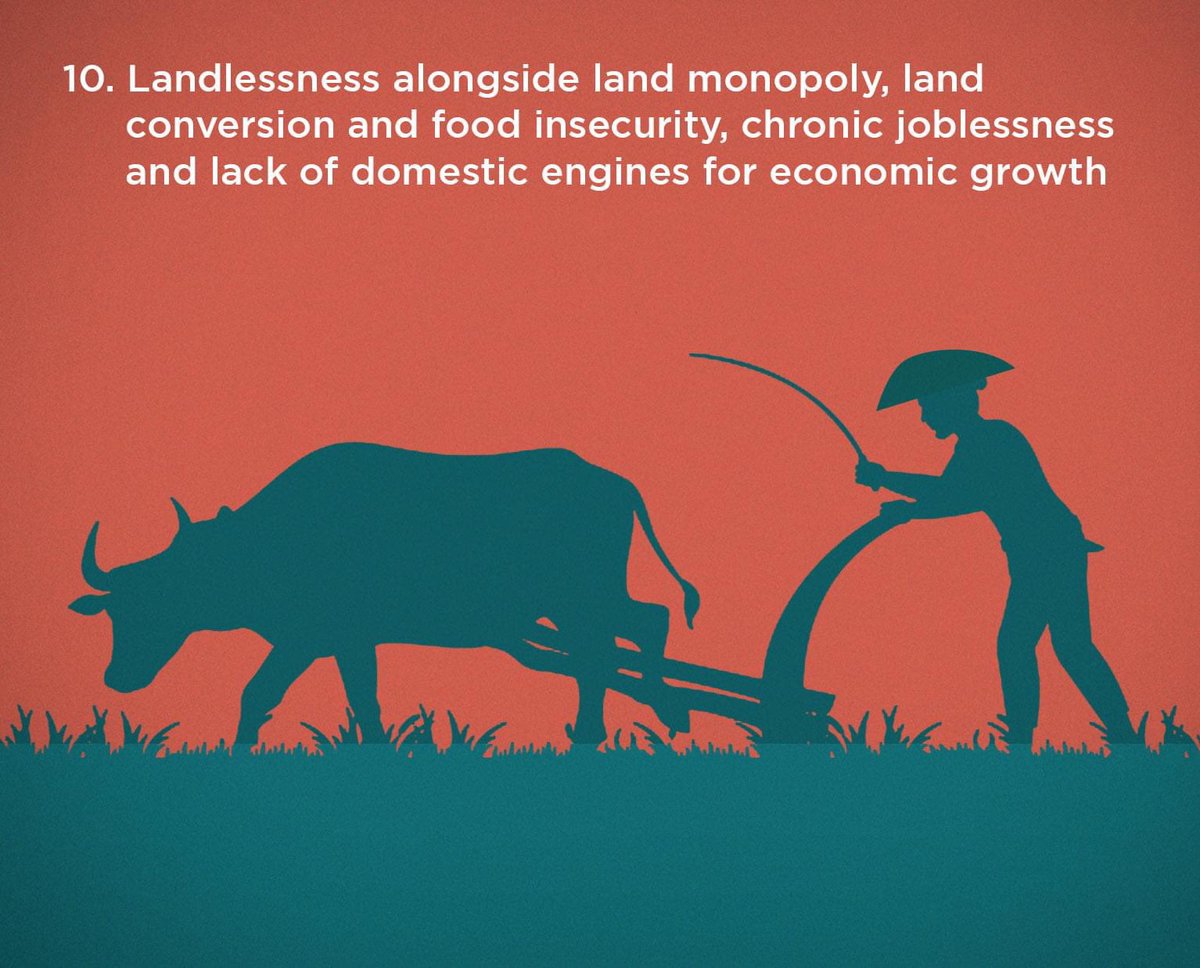
Aabot sa P8.2 billion ang ayudang hindi naipamahagi ng Starpay. Katumbas ito ng ayuda para sa mahigit isang milyong nangangailangan. 







Here are some news links from the Senate hearing
newsinfo.inquirer.net/1500560/senato…
philstar.com/headlines/2021…
news.abs-cbn.com/news/10/13/21/…
newsinfo.inquirer.net/1500560/senato…
philstar.com/headlines/2021…
news.abs-cbn.com/news/10/13/21/…
• • •
Missing some Tweet in this thread? You can try to
force a refresh





















